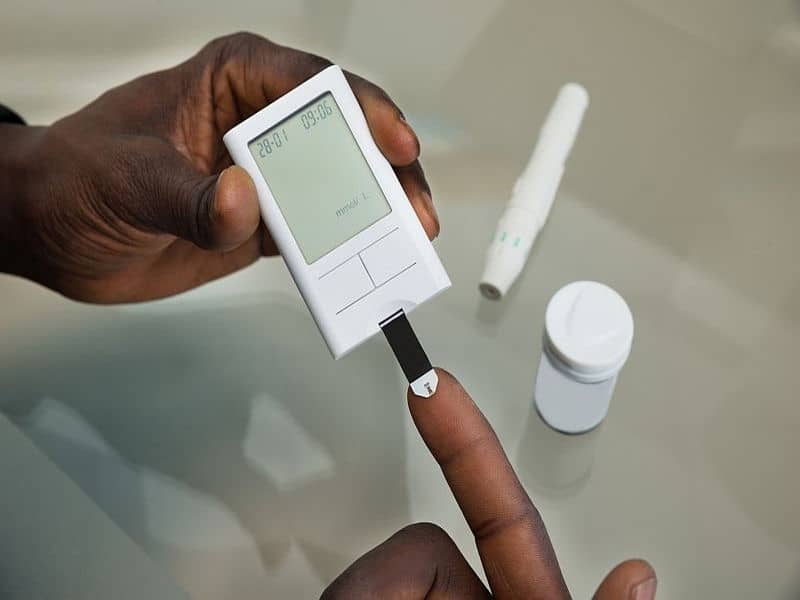WEDNESDAY, Nov. 21, 2018 (HealthDay News) — For patients with diabetes, those switching from low-deductible to high-deductible insurance have increased delays in seeking care and diagnostic testing for macrovascular symptoms and for first procedure-based treatment, according to a study published online Nov. 20 in the Annals of Internal Medicine.
J. Frank Wharam, M.B., B.Ch., M.P.H., from Harvard Medical School in Boston, and colleagues conducted an observational longitudinal comparison of matched groups to examine the impact of transition from low-deductible to high-deductible insurance plans in diabetes. Data were included for 33,957 persons with diabetes who were continuously enrolled in low-deductible insurance plans followed by up to four years in high-deductible plans and for a control group of 294,942 persons with diabetes enrolled in low-deductible plans.
The researchers found no between-group differences at baseline. During follow-up, the high-deductible group had delays of 1.5, 1.9, and 3.1 months for seeking care for the first major macrovascular symptom, for the first diagnostic test for macrovascular symptoms, and for the first procedure-based treatment, respectively.
“These results suggest that patients with diabetes who are switched to high-deductible health plans are affected by the increased out-of-pocket costs they face for medical services,” the authors write.
One author disclosed financial ties to the health insurance industry.
Abstract/Full Text (subscription or payment may be required)
Editorial (subscription or payment may be required)
Copyright © 2018 HealthDay. All rights reserved.



